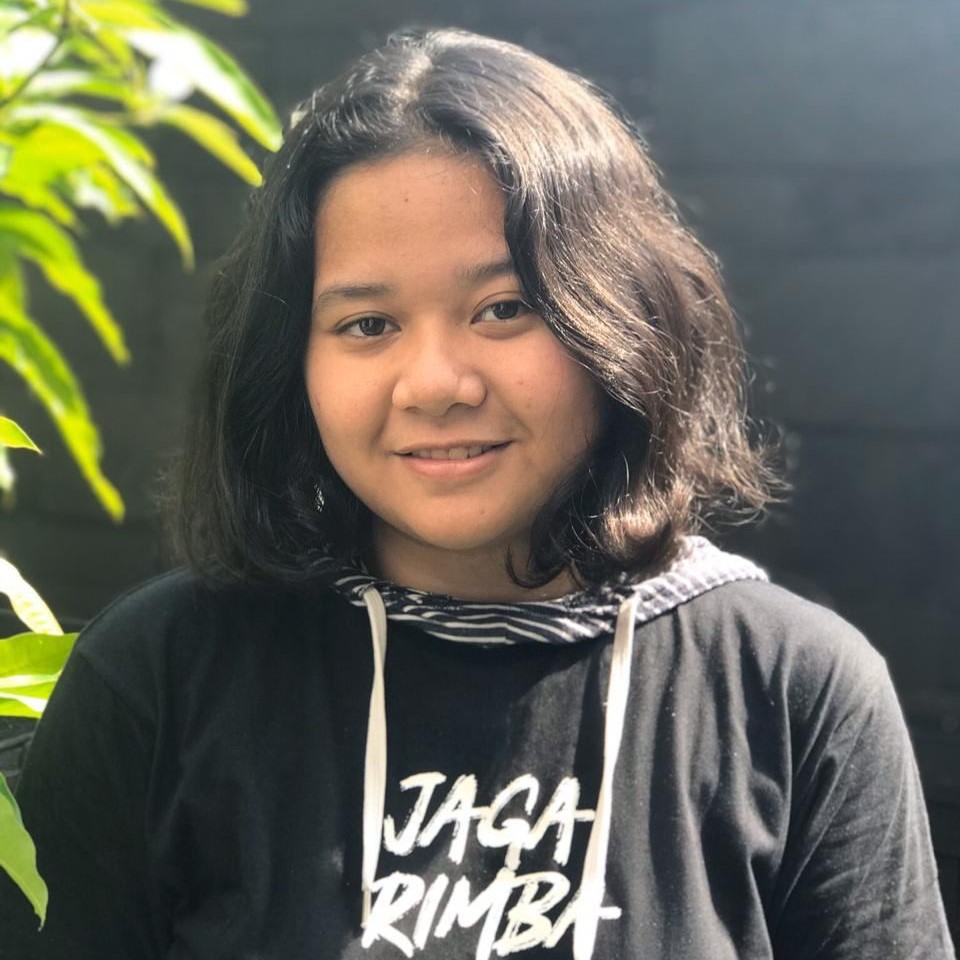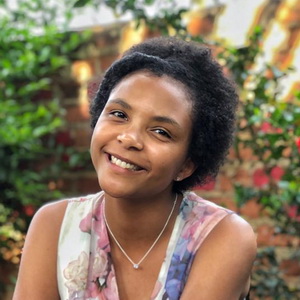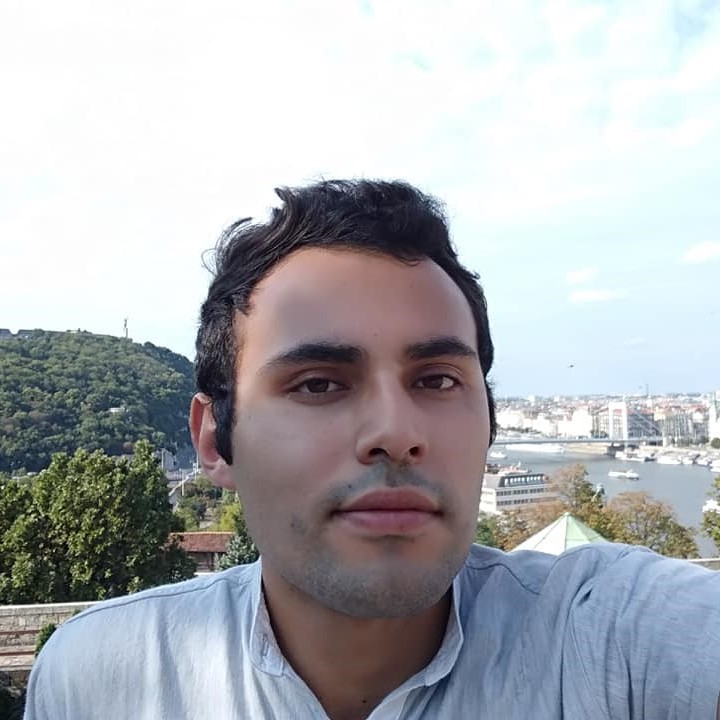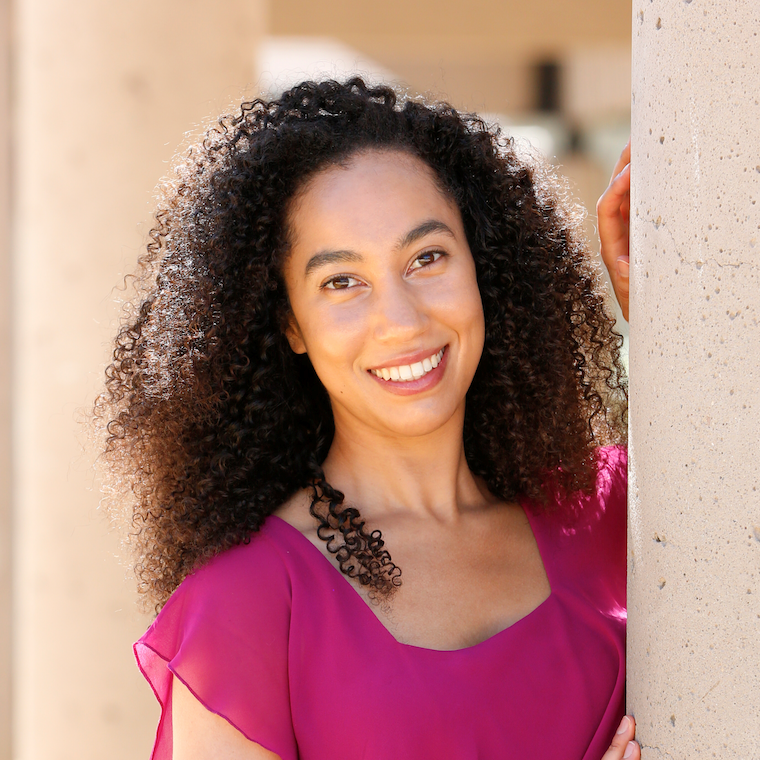I Am Not the Indonesian Greta Thunberg
I decided to step out from school last year and strike in front of the Ministry of Environment and Forestry Office every Friday. Calling me “the Indonesian Greta” erases my narrative and those of other youth activists from the Global South.
Indonesia, Southeastern Asia
Story by Salsabila (Abil) Kairunissa. Edited by Melaina Dyck and Brurce Mecca
Published on June 23, 2021.
Reading time: 4 minutes
This story is also available in 



Ever since my school strikes in Jakarta started to gain media attention, I’ve been thinking about ‘giving up’ on my activism. I’ve had enough of people portraying me as the ‘catalyst of change’ or ‘youth with hope.’ Other youth in Jaga Rimba[1] (in English: Guard the Jungle), an environmental justice platform that I founded, share my feeling of unease.
Please take note: I’m not trying to discredit the press for amplifying our voices nor generalize all media as “bad.” In fact, I am grateful for how journalism has helped turn activism into actions. Also, I want to emphasize that I’m not speaking on behalf of all youths. I am reflecting on my experience.
When people heard of our School Strike for the Forest in January 2020, many responded with “Oh, that Greta Thunberg thing!” At first, that did not bother me because I thought it was good to educate the public. Then, as the mainstream media portrayed me as the “Indonesian Greta,” I realized that this is wrong. I refuse to be labeled as her but “local.” Yet, many still do it anyway.
I refuse to be labeled as her but "local."
First, my struggle is like “apples” to Greta’s “oranges.” We have very different upbringings. Most youths in Indonesia do not grow up with the luxury of knowing that freedom of speech is not an issue. Being equated to Greta takes away my own narratives and identity. Second, I never want to be labeled “inspirational.” The media depict me as an “inspirational youth” bringing “hope” to Indonesia’s climate movement, but spreading hope is never my intention. In contrast, I am amplifying the grim reality of climate justice in Indonesia that most people refuse to see. Calling me an “inspirational youth” ignores the privilege that I have from being born in the city, creates a gigantic blind spot to real youth activism and environmental struggles in rural Indonesia, and overshadows the complex challenges that Global South countries –or what I prefer to call MAPA (Most Affected People and Areas)— face compared to the Global North.
In the Global North, students can take school strikes every Friday without facing real consequences that could jeopardize their future. Doing similar things here could potentially lead to endless repression. We could easily be ostracized by society because youth struggles are just “nuisances” to Jakarta’s elites that disturb the interests of corporate giants. That being said, having Jaga Rimba as platform is actually a privilege. Those of us in Jaga Rimba are surrounded by legal aid institutes that would offer pro bono legal services if we were ever wrongly persecuted. We have the luxury of being able to strike without worrying about getting kicked out of our own homes or having guns pointed at our heads.
We need to decolonize the climate movement.
For the majority of people in MAPA, there is no other option than to fight. From rural to urban, from Kinipan forest in Kalimantan to Pancoran in Jakarta, youth have been organizing themselves for generations to fight land grabbing and forced eviction, risking their own lives. But, would the media call them “inspirational?” Would people call them “catalysts of change?” I doubt it, because their stories don’t sell. Resisting, fighting oppression—these are not considered “revolutionary” nor “inspirational.”
Instead of establishing a “blueprint” for how youth should act, I believe that we need to decolonize the climate movement—since the climate crisis is very much related to colonialism and dominated by Euro-centric points of view—by acknowledging the diversity of the movement and amplifying the voices of those most affected. Until then, the conversation around the climate crisis will always exclude MAPA youth, only benefit the rich Global North, and continue to perpetuate oppression.
[1] Jaga Rimba is a youth movement aims to counter deforestation and act as an advocate for the environment in Indonesia. It is closely connected to the community who lived at the Kinipan Forest, who were evicted from the village in 2018 by a palm oil company.
How does this story make you feel?
Follow-up
Do you have any questions after reading this story? Do you want to follow-up on what you've just read? Get in touch with our team to learn more! Send an email to [email protected].
Talk about this Story
Please enable cookies to view the comments powered by Disqus.
Subscribe to our Monthly Newsletter
Stay up to date with new stories on Correspondents of the World by subscribing to our monthly newsletter:
Tags
Topic: Environment
> India
We Can’t Breathe: Story of a Pollution Migrant
A story by Piyush Dhawan
4 min English Audio available
We have lost the right to breathe fresh air. We must transform all the elements of the take-make-waste system to build thriving cities. Read more...
> Uganda
Air Pollution in Kampala, Uganda
A story by Anna Adima
4 min
If no concrete action is taken soon, the capital of the Pearl of Africa will become almost inhabitable in a few decades from now. Read more...
> Malaysia
Malaysia and Our Annual Flooding
A story by Grija Vijayan
5 min
Every year the monsoon season in Malaysia brings its victims. Here, Grija recounts the major flood she experienced in 2006. Read more...
Explore other Topics
Get involved
At Correspondents of the World, we want to contribute to a better understanding of one another in a world that seems to get smaller by the day - but somehow neglects to bring people closer together as well. We think that one of the most frequent reasons for misunderstanding and unnecessarily heated debates is that we don't really understand how each of us is affected differently by global issues.
Our aim is to change that with every personal story we share.
Community Worldwide
Correspondents of the World is not just this website, but also a great community of people from all over the world. While face-to-face meetings are difficult at the moment, our Facebook Community Group is THE place to be to meet other people invested in Correspondents of the World. We are currently running a series of online-tea talks to get to know each other better.




























